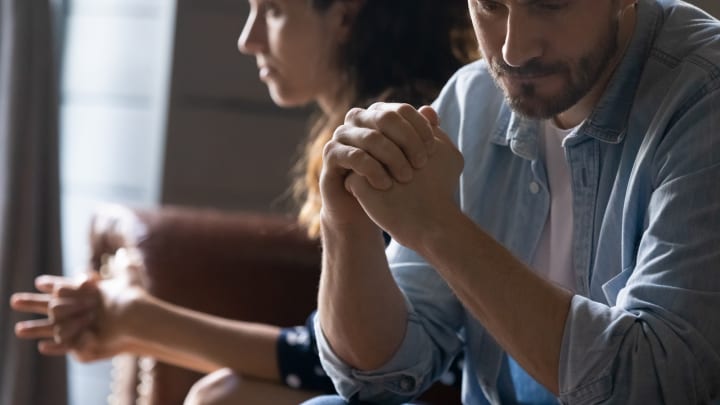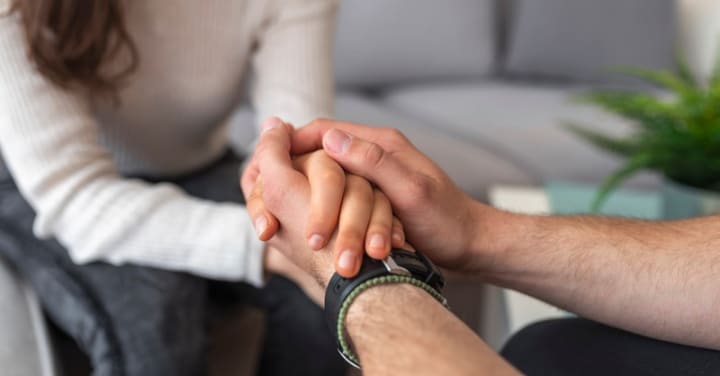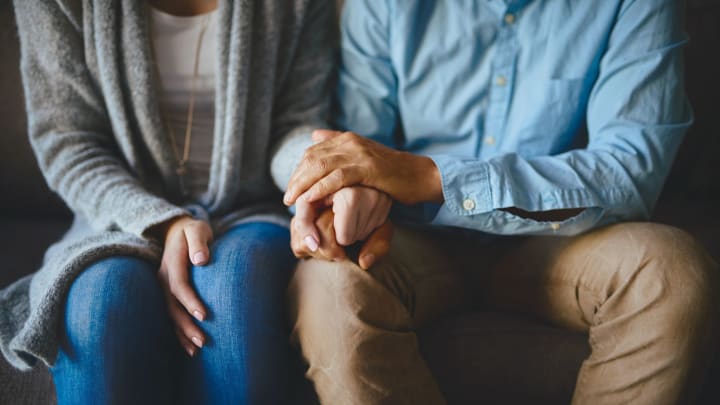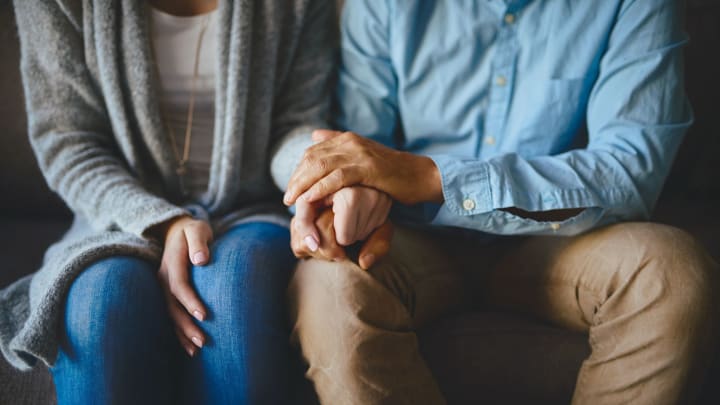The Power of Apologies: Healing and Strengthening Relationships
Healing and Strengthening

Introduction:
In every relationship, conflicts and misunderstandings are inevitable. Hurtful words, thoughtless actions, or mistakes can strain even the strongest bonds.
However, apologies possess a remarkable power to heal emotional wounds, mend broken connections, and strengthen relationships.
A genuine apology not only acknowledges the pain caused but also demonstrates humility, empathy, and a sincere desire to make amends. In this article, we delve into the transformative nature of apologies and explore how they can bring healing and restoration to relationships.
The Impact of Hurt:
When conflicts arise, emotions run high, and feelings may get hurt. The impact of our words and actions can linger, causing emotional distress and strain in the relationship.

Unresolved hurts can create resentment and distance between partners, leading to a breakdown in communication and intimacy. However, an apology has the potential to repair the damage and foster reconciliation.
Taking Responsibility:
A genuine apology begins with taking responsibility for our actions. It requires acknowledging our part in the hurt and recognizing the pain we caused our partner.

By accepting responsibility, we demonstrate our willingness to be accountable for our behavior and show respect for our partner's feelings.
Expressing Genuine Remorse:
An apology carries weight when it is accompanied by genuine remorse. Expressing sincere regret and remorse communicates to our partner that we deeply understand and regret the pain we have caused.

This empathy and understanding help validate their emotions and facilitate the healing process.
The Art of Apologizing:
Crafting an effective apology involves more than just uttering a few words. It requires thoughtful consideration and a genuine desire to make things right.

A well-crafted apology conveys sincerity and communicates our intention to learn from our mistakes and improve as a person and partner.
Repairing the Damage:
An apology is not solely about words; it necessitates action. Making amends demonstrates our commitment to rectifying the situation and rebuilding trust.

This might involve actively listening to our partner's needs, seeking ways to prevent similar hurtful incidents in the future, or engaging in acts of kindness to show our love and care.
Rebuilding Trust:
Apologies serve as a foundation for rebuilding trust. Trust is fragile and can take time to rebuild. It requires consistency, openness, and a commitment to positive change.

By honoring our apologies with genuine efforts to improve ourselves and our behavior, we can gradually restore trust and strengthen the bond with our partner.
Effective Communication and Vulnerability:
Apologies create an opportunity for open and honest communication. Through vulnerability, we can express our emotions, needs, and expectations to our partner.

By engaging in heartfelt conversations, we foster understanding, deepen the emotional connection, and build a safe and nurturing environment for both partners.
Seeking Growth and Personal Development:
Apologies present us with an opportunity for personal growth and self-reflection. They teach us valuable lessons about ourselves and our behavior.

By embracing these lessons, we can grow as individuals and become better partners, cultivating healthier and more fulfilling relationships.
Receiving and Accepting Apologies:
While apologies play a significant role in healing relationships, it is equally important to be open to receiving and accepting apologies.

As recipients, we should practice empathy, understanding, and forgiveness. By extending grace and allowing our partners the chance to make amends, we contribute to the healing process and nurture the relationship.
Navigating Apologies in Conflict Resolution:
In times of conflict, the ability to apologize and receive apologies becomes vital. Apologies can help break the cycle of blame and defensiveness, opening the door to constructive dialogue and resolution.

By approaching conflicts with a willingness to apologize and forgive, we can foster a healthier and more harmonious relationship dynamic.
Conclusion:
Apologies have the power to heal wounds, mend broken hearts, and strengthen the bonds between partners. By acknowledging our mistakes, expressing genuine remorse, and taking concrete actions to make amends, we pave the way for forgiveness and reconciliation.
Through effective communication, vulnerability, and personal growth, we can rebuild trust and foster deeper connections with our loved ones. Embrace the transformative power of apologies, and watch as they breathe new life into your relationships.
I hope this post was very very interesting and informative!! Stay connected with the best quality relationship tips and tricks! Thanks For Reading!!
About the Creator
James William
Join me on an exciting journey through the captivating world of relationships. I'm passionate about empowering individuals to cultivate meaningful connections and navigate the complexities of love, dating, and personal growth.






Comments
There are no comments for this story
Be the first to respond and start the conversation.